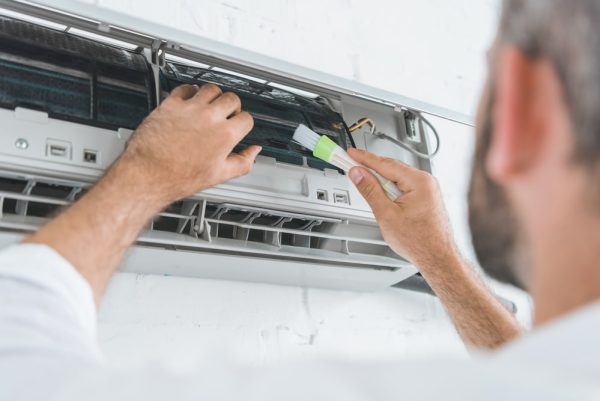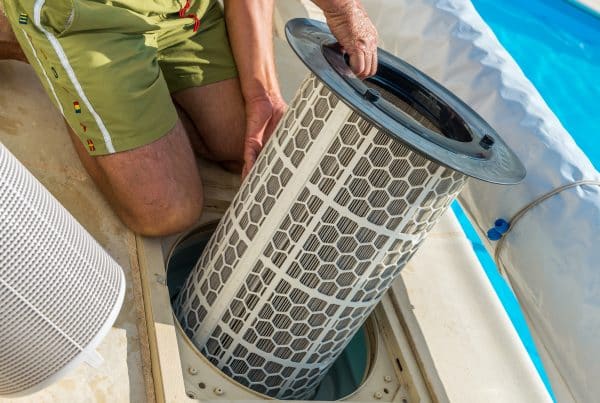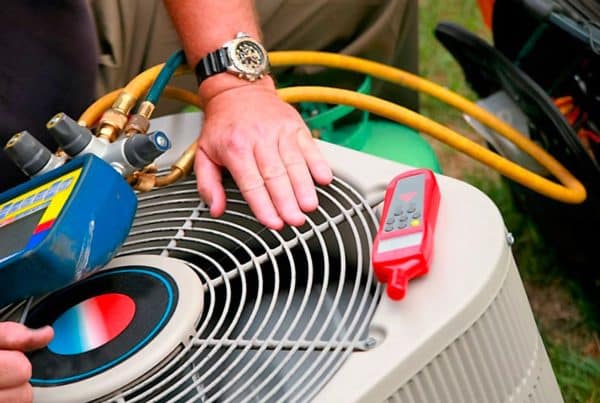Air conditioning units play a pivotal role in ensuring comfort in our homes, particularly during sweltering summer months. However, they are not invincible machines and, over time, may require significant repairs or even complete replacement.
But how can you know when it’s time to replace your AC? What signs should you look for? And a question many homeowners grapple with: is it better to repair or replace the AC?
Recognizing the Age of Your AC Unit
The first thing to consider is the age of your air conditioner. On average, AC units have a lifespan of 10-15 years. Older units tend to be less efficient and are more likely to breakdown.
As an AC unit ages, parts become less available or even obsolete, making it harder and costlier to repair. Older units often lack the energy-saving features and innovations present in newer models, which can lead to significant savings on your energy bills in the long run.
Thus, if your AC unit is more than a decade old, replacing it might not only alleviate performance issues but also serve as a financially savvy decision in terms of future maintenance and operational costs.
Rising Energy Bills
If your energy bills are climbing, but your usage hasn’t significantly changed, it might be a sign that your AC unit is losing its efficiency.
Over time, wear and tear on your system can cause it to work harder to produce the same amount of cooling, resulting in higher energy consumption. Keep a close eye on your energy bills.
Frequent and Costly Repairs
Air conditioners, like any machinery, need occasional maintenance and minor repairs. However, if your AC unit breaks down frequently and the repair costs are becoming increasingly high, it might be a sign that the unit is nearing the end of its lifespan.
The rule of thumb here is that if the cost of repair is 50% or more of the cost of a new unit, it’s generally more economical to replace the unit entirely.
Regularly needing to call a professional to fix your AC not only leads to cumulative costs that can exceed the price of a new unit but also suggests a decline in the overall performance and reliability of your current system.
Inconsistent or Inadequate Cooling
Inadequate or inconsistent cooling is another tell-tale sign that your AC unit may be nearing the end of its operational lifespan. If you’ve noticed that some rooms in your home are colder than others, or that the AC struggles to maintain a consistent temperature, it’s an indication that the unit is not working efficiently.
This uneven cooling not only creates an uncomfortable living environment, but it also forces your AC to work harder. If your air conditioner is no longer capable of cooling your home effectively, it may be time to start researching new models.
Excessive Noise or Strange Smells
Air conditioners should operate relatively quietly and without emitting any noticeable smells. If your AC unit begins to make excessive noise, it could indicate problems with the indoor coil or even the motor.
Strange smells emanating from your AC unit are not to be ignored. Musty smells can point to mold or mildew presence, a health risk for occupants, while a burning smell could signal electrical issues.
Continued noises or smells, especially after a service check, indicate that the unit is struggling. Not only does this affect your comfort and health, but it can also lead to more serious problems down the line.
Leaks or Moisture Problems
Another clear sign that your AC unit might need replacement is the presence of leaks or persistent moisture problems. While it’s normal for an AC to produce some condensation, excessive leakage or the presence of refrigerant outside the unit is a cause for concern.
Persistent leaks can lead to structural damage in your home, causing a whole new set of problems and expenses. Even worse, a refrigerant leak not only reduces your AC’s efficiency but can also pose health risks to your family.
Advancements in AC Technology
In the last decade, the technology behind AC units has improved dramatically. Newer models are more energy-efficient and environmentally friendly.
They also often come with smart home compatibility for ease of use. If your current AC is quite old, you might find that investing in a newer model will save you money in the long run, both in operating costs and potential repair bills.
Conclusion
Keeping a close eye on your AC unit’s performance and knowing these clear signs can help you determine the best time to consider a replacement.
Remember, it’s better to act swiftly when these signs start to appear, to avoid more extensive damage, higher repair costs, and to maintain a comfortable home environment. Your comfort, peace of mind, and wallet will thank you for making the timely decision.








